The Year 9 and 10 curriculums, developed in line with the Victorian Curriculum, are designed to encourage students to be lifelong learners with a focus on communication, thinking, reflecting and collaboration. For the first time, students in Years 9 and 10 can choose their own electives, giving them the opportunity to take an active role in their futures.
Year 9 Peel Program
William Ruthven Secondary College’s Peel program was designed by a team of innovative teachers after careful consideration of the following;
- Year 9 learning and wellbeing needs;
- Best practice approach to teaching and learning;
- Integrating social justice within key curriculum areas.
In this program, we focus on giving individual students platforms for their voices to be heard and ensure the learning environment supports all their needs. We do this by posing important questions that challenge thinking. Student learning data is carefully considered by the teaching team to establish each individual student’s entry point for learning. This helps us develop targeted teaching programs for groups of students based on their specific learning needs. We focus on setting goals with students, providing useful feedback and making sure they always know what their next step is. We take time to reflect on these goals and share our progress.
Our Year 9 students and teachers work in a designated space that is both flexible and has enclosed learning hubs. Staff are always on hand to listen to students and help them navigate their final year of middle school.
Study in Year 10
In Year 10, students use their interests to design their future studies and pathways. Students study core subjects during morning sessions, then move to their elective subjects throughout the afternoon. They have real choice over their elective subjects, allowing them to really focus on their interests and passions while meeting curriculum requirements.
By the time students enter Year 10 they have already begun thinking about and planning for life after school. Some students will have begun early entrance into the Victorian Certificate of Education (VCE) and others may be completing a Vocational Education and Training (VET) course. We encourage students to continue to get to know themselves and their interests to support them in making important decisions about their futures.
We bring families into these discussions to make sure that our Year 10 students have the best opportunities going forward. We also value camps, excursions and inter school sporting activities because real education for our students goes beyond the classroom.
Years 9 & 10 Electives
Teachers work closely with Years 9 and 10 students to enable them to choose relevant and interesting elective subjects. Each student has an interview to discuss their interests, strength and career ambitions to determine the most suitable subjects for future success.
All elective units run for one semester. In Year 9, students study six electives per year. In Year 10, students study four units.
Year 9 Electives
- The Arts: Art; Drama; Visual Communication; Multimedia
- English: Sports Journalism; Digital Stories
- Health/Physical Education: Health; Fitness
- Humanities: Tourism; World of Work
- LOTE: Italian
- Science: Chemistry of Life; Rock Your World; CSI: Forensic Science
- Technology: Food and Nutrition; Textiles.
Year 10 Electives
- The Arts: Art; Drama; Visual Communication; Multimedia
- English: Literature; Journalism
- Health/Physical Education: Health; Fitness
- Humanities: Business Finance; Y Challenge; War and Peace
- Mathematics: VCE General Mathematics
- Technology: Food and Nutrition
Students create, discuss, explore and respond to a variety of texts, investigating the use of form, purpose, audience and language. They continue to develop their language skills through writing and extend their oral expression and analytical skills.
Examining personal identity, human rights, financial literacy and geospatial skills, Humanities enables students to explore the individuals, events, political and legal systems that have shaped Australia and the world. There is also a focus on the issues around global warming and climate change.
Deeper levels of thinking, understanding and reasoning of mathematical concepts are encouraged through problem solving exercises and investigations. Topics include irrational numbers, factorising and expanding, measurement, indices, linear and quadratic relationships, Pythagoras theorem and trigonometry.
Students develop physical skills through involvement in activities such as fitness training and lifestyle and leisure activities. There is a focus on maintaining a healthy body and mind, training principles and first aid methods.
Students are given a taste of various, traditional areas of Science including Biology, Chemistry, Physics, and Psychology.

